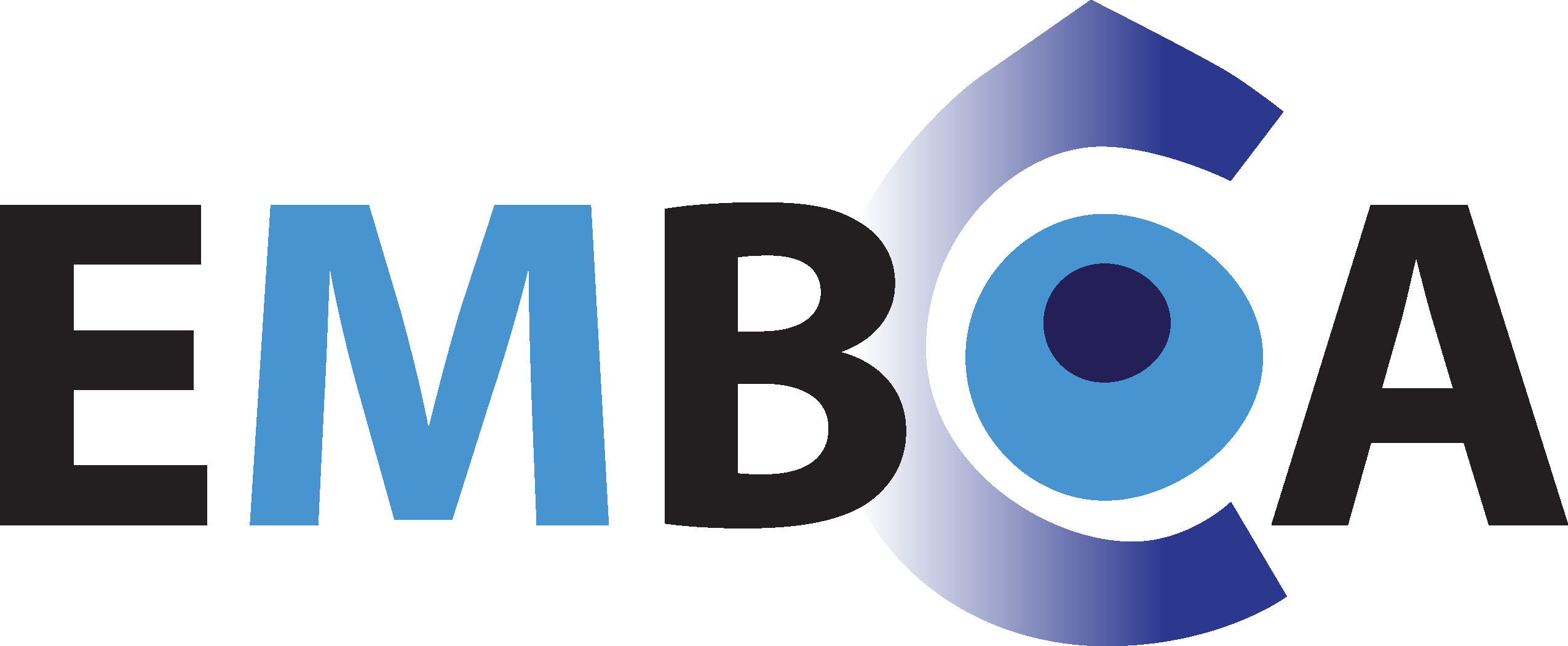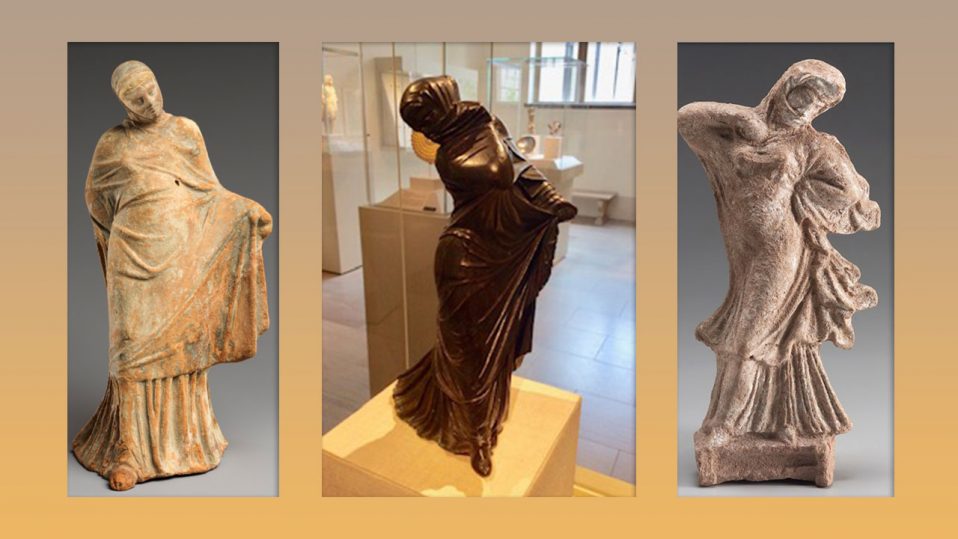Join us for EMBCA’s “The Legacy and Heritage of the Eastern Dance/ Belly Dance” Webinar Panel Discussion on Sunday, December 10, 2023 at 2 P.M. EST/ 9 P.M. Athens/Cairo EEST. Lou Katsos, EMBCA's President, will introduce and moderate the panel. The distinguished panel will include Author Prof. Stavros Stavrou Karayianni Dean, School of Humanities, Social and Education Sciences of the European University Cyprus; Author/ Dancer Tamalyn Dallal; Author/Researcher/Dance Instructor Heather D. Ward; Cultural Historian/Sensory Scholar/Author Ainsley Hawthorn PHD; and Panayiota Bakis the Director of the Hellenic Arab Folklore Institute.
Eastern Dance ( رقص شرقي, Raqs sharqi ) often referred to in the West as Belly Dance, is a captivating and culturally rich form of artistic expression that boasts numerous positive aspects. This ancient dance style surviving millennia, originating in the East Mediterranean , offers a myriad of benefits, both cultural and physical. It is a mesmerizing cultural art form rooted in Middle Eastern traditions. Expressing grace and sensuality, it embodies cultural stories, celebrating femininity and communal bonds. This rhythmic dance, adorned with vibrant costumes, reflects the rich tapestry of Eastern cultures, captivating audiences worldwide with its enchanting allure. Also first and foremost, it promotes physical well-being. It is an excellent form of exercise that enhances flexibility, core strength, and posture. The graceful and fluid movements engage various muscle groups, making it an enjoyable and effective workout.
Furthermore, Eastern Dance celebrates diversity and cultural understanding. It provides a window into the traditions and stories of the East Mediterranean fostering cross-cultural appreciation and respect. Dancers often learn about the history, costumes, and music of the regions where Belly Dance is rooted. Eastern Dance also promotes self-confidence and body positivity and encourage self-expression and self-acceptance. Join us as we explore this ancient dance form and a part of the EMBCA’s dance series panel discussions.
The central image for the event in the center is the famous 3rd Century B.C.E. Hellenic “Veiled Dancer” Bronze statuette from Alexandria at the Metropolitan Museum of Art. The other “veiled dancers” are on the left the terracotta statuette from the 3rd Century BCE is from Hellenic Pontus and also at the MET, and on the right a terracotta 4th Century BCE statuette from Boeotia in Greece at the Museum of Fine Arts in Boston.

EMBCA is an organization exempt from Federal Income Tax under Internal Revenue (IRC) Section 501(c)(3), classified as a public charity, and qualifies to receive tax deductible bequests, devises, transfers or gifts under Section 2055, 2106, or 2522 . Donors can deduct contributions they make under IRC Section 170. Thank you all again for your continuing enthusiasm and support of our events !!

